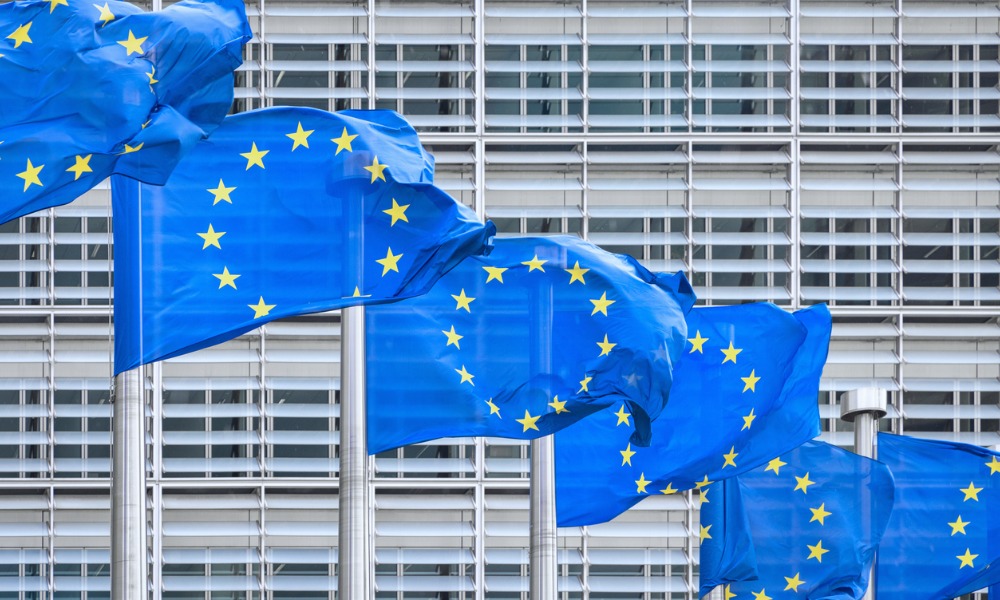
The directive introduces human rights and environmental impact compliance obligations

The Council of the European Union has approved the EU Directive on corporate sustainability due diligence (CSDDD).
This directive introduces mandatory obligations for EU and non-EU companies regarding human rights and environmental impact compliance. The Council's approval signifies the adoption of the CSDDD as legislation following its initial blockage in February. The European Parliament approved the directive with 374 votes in favour, 235 against, and 19 abstentions.
The new directive mandates that companies and their upstream and downstream partners, including those involved in supply, production, and distribution, must take measures to prevent, mitigate, or end adverse impacts on human rights and the environment. These impacts include slavery, child labour, labour exploitation, biodiversity loss, pollution, and the destruction of natural heritage.
The CSDDD applies to EU companies and parent companies with over 1,000 employees and a worldwide turnover exceeding 450 million euros. It also covers companies with franchising or licensing agreements in the EU generating a worldwide turnover above 80 million euros, provided at least 22.5 million euros is from royalties. Non-EU companies with similar turnover thresholds in the EU are also subject to these rules. Affected companies must integrate due diligence into their policies, make necessary investments, obtain contractual assurances from partners, enhance their business plans, and support small and medium-sized business partners to ensure compliance with new obligations. Additionally, companies must adopt a transition plan to align their business model with the Paris Agreement’s global warming limit of 1.5°C.
Member states must provide detailed online information on due diligence obligations through practical portals containing the Commission’s guidance. They must also establish or designate a supervisory authority to investigate and impose penalties on non-compliant firms. Penalties may include public "naming and shaming" and fines of up to 5 percent of a company’s net worldwide turnover. The Commission will create the European Network of Supervisory Authorities to facilitate cooperation and exchange best practices. Companies breaching their due diligence obligations will be liable for damages and must fully compensate victims.
Following the plenary vote, lead MEP Lara Wolters stated, "Today’s vote is a milestone for responsible business conduct and a considerable step towards ending the exploitation of people and the planet by cowboy companies. This law is a hard-fought compromise resulting from many years of tough negotiations. I am proud of what we have achieved with our progressive allies. In Parliament’s next mandate, we will fight not only for its swift implementation but also for making Europe’s economy even more sustainable.”
The directive now requires formal endorsement by the Council, signing, and publication in the EU Official Journal. It will enter into force twenty days later, with member states having two years to transpose the new rules into their national laws. The new rules will apply gradually from 2027 to 2029 based on company size and turnover thresholds.